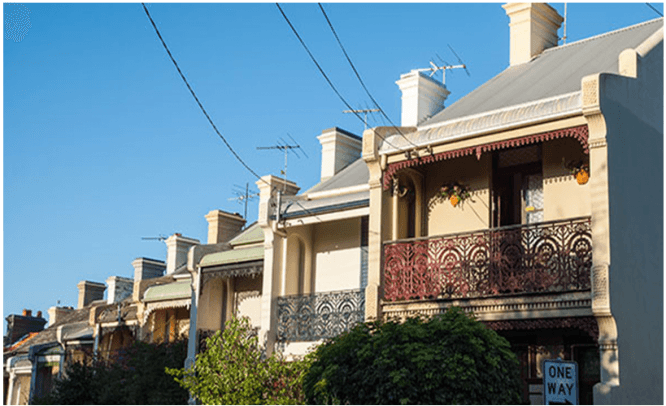Over the past ten years, Australian residential property has delivered lower returns than shares
AMP Capital
April 9,2015: In recent years, Australians have developed a love affair with property investing. The concept of investing in houses and units is easier to understand than many other forms of investments, and the investment returns provided in recent years has strengthened its appeal as a method of creating wealth among many investors. Although, long run capital growth estimates for property may be exaggerated by quality improvements over time and so the return in property as an investment can often look better than it really is.
While the performance of residential property has been strong in recent years, latest available data show it lagging other growth assets, and this is before costs and fees are taken into consideration.
In this article, we outline some of the pros and cons of owning an investment property, and the hidden costs that should be taken into account.
Over the past ten years, Australian residential property has delivered lower returns than shares

Past performance is not a reliable indicator of future performance. Source: Bloomberg, Real Estate Institute of Australia AMP Capital, Year to date to December, 2013. Australian shares: S&P/ASX 200 Accumulation Index, Australian listed property: S&P/ASX 200 A-REIT Accumulation Index, Australian residential property: RP Data Property Price Index and REIA Indices.

Understand the true costs involved
Buying, selling and managing an investment property can be costly and will impact your net return. When you buy a property, you will have to pay for lots of extras on top of the purchase price. Costs may include stamp duty, conveyance fees, legal charges, search fees, and pest and building reports. When you come to sell the property, you will have to pay agent’s fees, advertising costs and legal fees. You may also have to pay capital gains tax.

If you decide you want to buy an investment property, you’ll need to work out how much money you can potentially earn from your investment. To do this, you’ll need to consider the ongoing costs that you, as the owner, are responsible for. These may include council rates, water rates, land tax2, insurance, body corporate fees (or strata levies) and property management fees. Don’t forget interest repayments and possibly tax to be paid on your rental income, as well as maintenance costs.

Conclusion
When considering if a property investment is right for you, it’s important to do your research and seek professional advice if you’re unsure about anything.
2 Land tax is an annual tax levied on owners of taxable land. Exemptions and thresholds apply, check with your office of state revenue for more information.
3 Some of this shortfall will be tax deductable, that is, you may be eligible to claim this loss back at your marginal tax rate. Please consult your accountant for more information.
Important note: While every care has been taken in the preparation of this article, AMP Capital Investors Limited (ABN 59 001 777 591, AFSL 232497) and AMP Capital Funds Management Limited (ABN 15 159 557 721, AFSL 426455) makes no representations or warranties as to the accuracy or completeness of any statement in it including, without limitation, any forecasts. Past performance is not a reliable indicator of future performance. This article has been prepared for the purpose of providing general information, without taking account of any particular investor’s objectives, financial situation or needs. An investor should, before making any investment decisions, consider the appropriateness of the information in this article, and seek professional advice, having regard to the investor’s objectives, financial situation and needs.

